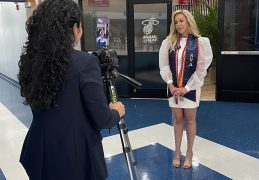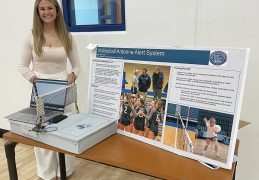An Adapted excerpt from P Roubides’ The Failed Logistics of Learning of the American General Education College Curriculum
Highly touted educational trends that fit within this view include the transition of the instructor’s role from sage on stage to guide on the side, focusing on critical thinking skills such as problem-solving and reasoning, empowering learners with more open-ended evaluation of learning outcomes, competency-based learning as well as cooperative and collaborative learning (Roubides & Wojcik, 2013).
In career-focused institutions especially, whose mission is to provide students with the knowledge, understanding, and skills necessary for successful employment, subjects such as mathematics, English, biology, etc. (considered as general education subjects) act as support subjects and aim to give students the necessary tools that can then be applied to the student’s specialty subject. In relation to general education, college administrators as well as future employers of college graduates expect the transfer of learning from one problem-solving situation to another, including their transferability to the workplace. However, the logistics of general education is one of those seldom defined, seldom acknowledged and seldom put forth goals in any educational setting. It is also rarely addressed in career-focused institutions whose main goal is the transferability of all general education learning to other career-oriented areas that are otherwise not directly related to those general education subjects.
To illustrate this shortcoming, an example is taken from the current curriculum at Keiser University. In most programs, there is a desired goal that students gain basic mathematical knowledge and skills that they can use both while in school (not only during the mathematics courses they are enrolled in but also in all of their major area courses that require the use of such knowledge and skills, such as in nursing or nuclear medicine programs), as well as outside of school, immediately in their current occupations and in the near future in their chosen career field. Therefore, the transferability and applicability of such learning outside of the classroom is (or ought to be) the single most important objective of any such course. Yet, it is virtually non-existent in any of the associated learning objectives or goals set in many of the general education courses currently being taught.





 My instructors believed in me. They were more than instructors, they tried to get to know you as a person and tried to understand your goals so they could push you towards them. Student services helped me find a job before I even graduated. Everyone was dedicated to my overall success.
My instructors believed in me. They were more than instructors, they tried to get to know you as a person and tried to understand your goals so they could push you towards them. Student services helped me find a job before I even graduated. Everyone was dedicated to my overall success.
